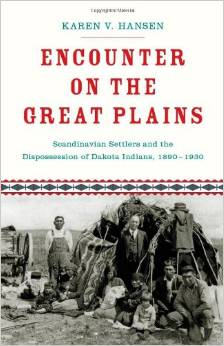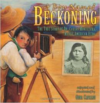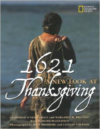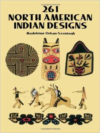Description
In 1904| the first Scandinavian settlers moved onto the Spirit Lake Dakota Indian Reservation.
These land-hungry immigrants struggled against severe poverty| often becoming the sharecropping tenants of Dakota landowners.
Yet the homesteaders’ impoverishment did not impede their quest to acquire Indian land| and by 1929 Scandinavians owned more reservation acreage than their Dakota neighbors.
Norwegian homesteader Helena Haugen Kanten put it plainly: “We stole the land from the Indians.”
With this largely unknown story at its center| Encounter on the Great Plains brings together two dominant processes in American history: the unceasing migration of newcomers to North America| and the protracted dispossession of indigenous peoples who inhabited the continent.
Drawing on fifteen years of archival research and 130 oral histories| Karen V.
Hansen explores the epic issues of co-existence between settlers and Indians and the effect of racial hierarchies| both legal and cultural| on marginalized peoples.
Hansen offers a wealth of intimate detail about daily lives and community events| showing how both Dakotas and Scandinavians resisted assimilation and used their rights as new citizens to combat attacks on their cultures.
In this flowing narrative| women emerge as resourceful agents of their own economic interests.
Dakota women gained autonomy in the use of their allotments| while Scandinavian women staked and “proved up” their own claiMs.
Hansen chronicles the intertwined stories of Dakotas and immigrants-women and men| farmers| domestic servants| and day laborers.
Their shared struggles reveal efforts to maintain a language| sustain a culture| and navigate their complex ties to more than one nation.
The history of the American West cannot be told without these voices: their long connections| intermittent conflicts| and profound influence over one another defy easy categorization and provide a new perspective on the processes of immigration and land taking.






Reviews
There are no reviews yet.